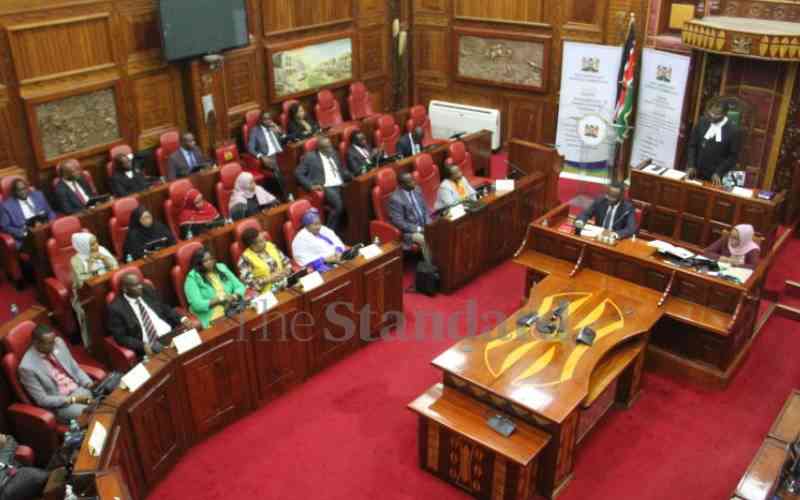×
The Standard e-Paper
Smart Minds Choose Us

Are MPs free to defect or shift allegiance from one coalition to another soon after being elected?
This is the question the High Court will be grappling with in a case filed by 12 petitioners, who argue that MPs are violating the Constitution by defecting from Azimio to Kenya Kwanza.